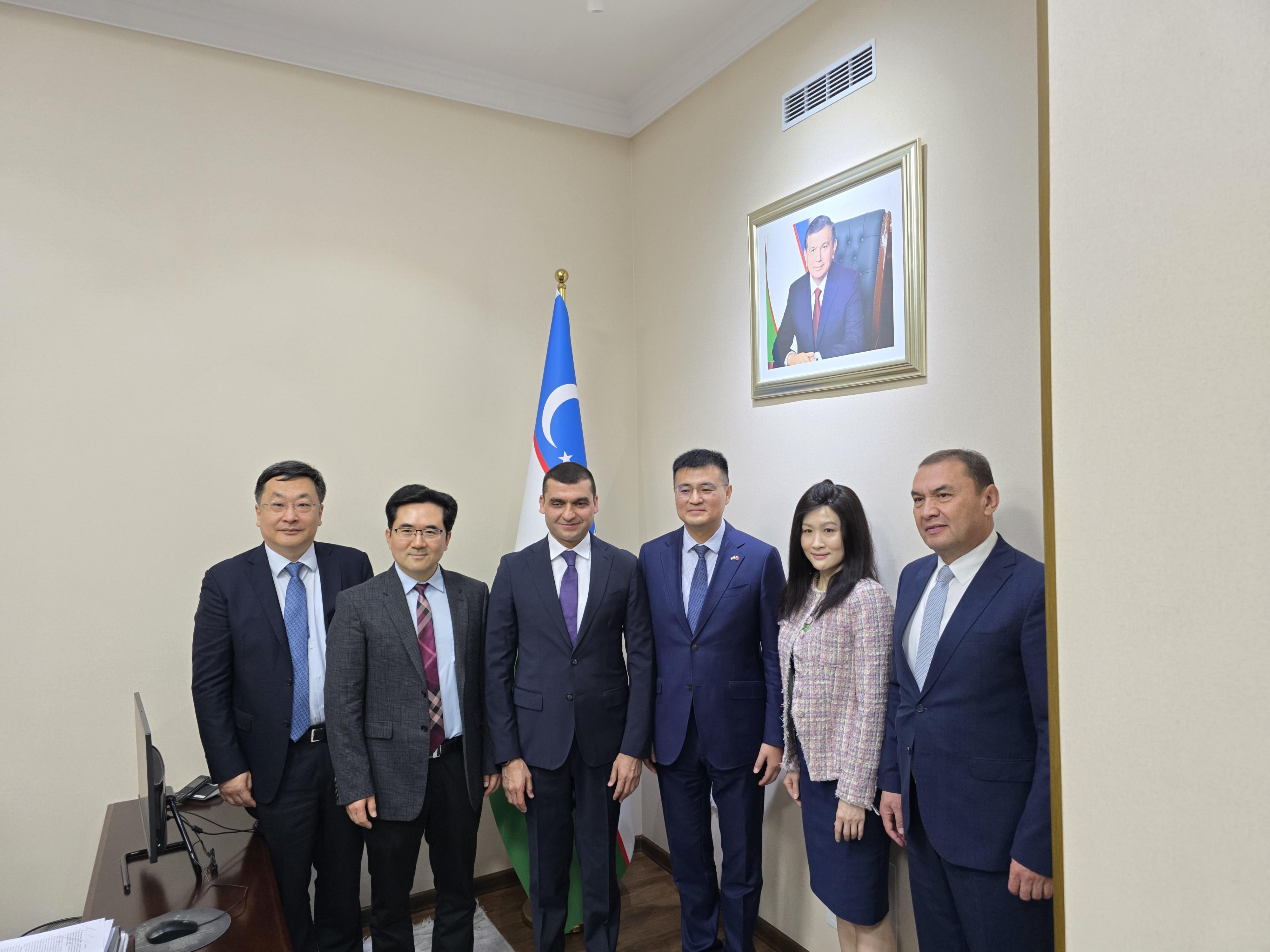
With the support of the Ministry of Health of the Republic of Uzbekistan, the United Nations Department of Economic and Social Affairs (UN DESA), and the UN Peace and Development Fund, and under the leadership of the "Republican Specialized Scientific-Practical Medical Center of Surgery named after Academician V. Vakhidov", a project is being implemented in Uzbekistan titled "Expanding Opportunities for Treating Structural Heart Diseases Using Percutaneous and Non-Fluoroscopic Procedures."
The goal of the project is to expand the possibilities of treating congenital heart defects using modern, safe, and relatively low-cost methods, as well as to introduce advanced technologies in cardiology in Uzbekistan. The PAN (Percutaneous and Non-Fluoroscopic) procedure is an innovative technology developed by doctors at Fuwai Hospital of the Chinese Academy of Medical Sciences, which allows treatment of structural heart diseases without the use of angiography labs or radiation exposure.
As part of the first phase of the project, on April 29–30, 2025, large-scale screening examinations will be conducted among primary school students in the Fergana region.
More than 4,000 students will be examined to identify congenital heart defects such as atrial septal defect, ventricular septal defect, and patent ductus arteriosus. The screenings will be conducted in the medical rooms of local schools by specialists from Fuwai Hospital (China) and the Republican Specialized Surgical Medical Center named after Academician V. Vakhidov.
Children diagnosed with heart defects will be sent to Tashkent, to the Republican Surgery Center, where after thorough examinations, surgeries using the percutaneous and non-fluoroscopic (PAN) method will be performed. These procedures will be carried out free of charge in collaboration between Chinese and Uzbek specialists.
One of the key events of the project is the Regional Scientific Symposium, which will be held on May 1, 2025, in the main conference hall of the Republican Surgery Center in Tashkent.
Leading cardiologists and interventional specialists from Uzbekistan, Turkey, Kazakhstan, Turkmenistan, Russia, and China will participate in the symposium. They will share their countries’ experiences and results in applying PAN procedures with more than 150 local and international experts.
On the second day of the symposium (May 2), live masterclass surgeries will be held demonstrating the use of PAN procedures for the treatment of complex congenital heart defects.
The experience gained from this initiative will contribute to the introduction of new technologies in the healthcare sector of Uzbekistan, enhance social equity, promote health and well-being, and expand access to quality and safe heart treatments in resource-limited areas.